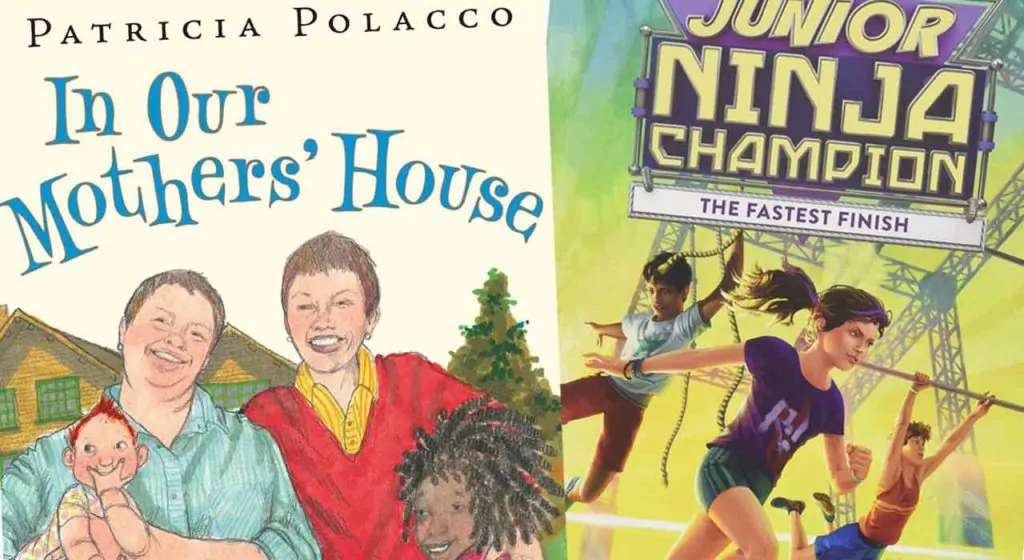
Christian education, Parenting
Martin Luther on the vital, foundational, educational calling of parents
Martin Luther loved God’s Church so much he risked his freedom and life for it. He boldly took on princes, bishops, emperors, and popes, all in an effort to bring reformation to the Church he so loved. But did you know there was something he thought even more foundational to society than the Church? Luther recognized that society has three basic structures – the family, the Church, and the State – and of these three, he argued that it is the family that is the foundation for the other two.
Why?
Because of the great responsibility parents have to educate their children. It is in this role that the family unit will, for good or ill, greatly impact both the Church and State. In his “Letter to the Councils of German Cities” Luther expresses how educating children:
“is the command of God. Its importance is seen in how He so frequently, through Moses, urges and enjoins parents to instruct their children such that it is said in Psalm 78:5-6, ‘how strictly he commanded our fathers that they should give knowledge to their children and instruct their children’s children.’”
In his exposition on the fifth commandment, Luther stresses the need for children’s obedience towards their parents. Where that is absent,
“…there can be neither good morals nor good government. For where obedience is lacking in the family, no city or principality or kingdom can be well governed. Family government is the basis of all other government; and where the root is bad, the trunk and fruit can not be good… where the father and mother rule badly, and let the children have their own way, there neither city, town, village, district, principality, kingdom, nor empire, can be well governed.”
Luther on the basics
But Luther doesn’t just tell parents that they had better do a good job because a lot is riding on their success. He also provides guidance for instruction.
He prepared The Small Catechism in which he provided “the simple way a father should present to his household.” Luther believed everyone in the home needs to be instructed in the fundamentals of the faith, daily.
In his short preface to his The Larger Catechism he lays out his expectation that fathers would examine their children (and servants) “at least once a week to ascertain what they know of it, or are learning and, if they do not know it, to keep them faithfully at it.” Parents have a high calling that aligns with their high position. The Lord commands all of us to love one another, but:
“the parental estate God has especially honored above all estates that are beneath Him, so that He not only commands us to love our parents, but also to honor them… for to honor is far higher than to love, inasmuch as it comprehends not only love, but also modesty, humility, and deference as though to a majesty there hidden… that both in heart and with body we so act so to show that we esteem them very highly, and that, next to God, we regard them the very highest”
Parents must be teachers
This view of the relationship between parents and their children has many implications. First of all, when parents send their children to Christian day-schools (Luther wouldn’t imagine sending children to secular schools but would call them “nests of Satan”) or even to catechism classes in the church, they are sharing the responsibility for teaching their children with the school and Church. They are not permitted to abdicate it. Parents cannot hire out the task of teaching their children, but they can share it with others they know and trust to be godly in their teaching.
Luther’s views would also have an impact on family worship and devotions as parents, especially fathers, intentionally teach their children, explaining to them the glorious deeds of the Lord. If we are convicted as Luther was, of parents’ important educational role, then perhaps recitation of the Ten Commandments, the Apostle’s Creed, and the Lord’s prayer every day would become a new norm. Opening the Heidelberg Catechism to teach our own children the fundamental doctrines of God’s Word could become a part of family devotions. Perhaps we could sit beside our children while they do their assignments from school, not only when they need help, but also to demonstrate interest in their work, and in showing a unity of purpose with the school to the children.
The Lord has given children to parents and in so doing, has given parents the major responsibility and privilege of training up their children in the fear of the Lord for the benefit of family, Church, and State. May the Lord grant His blessing on all parents who seek to fulfill the high calling given to them by God.
Chris deBoer is the Executive Director of the Reformed Perspective Foundation and the host of the Focal Point podcast.






























